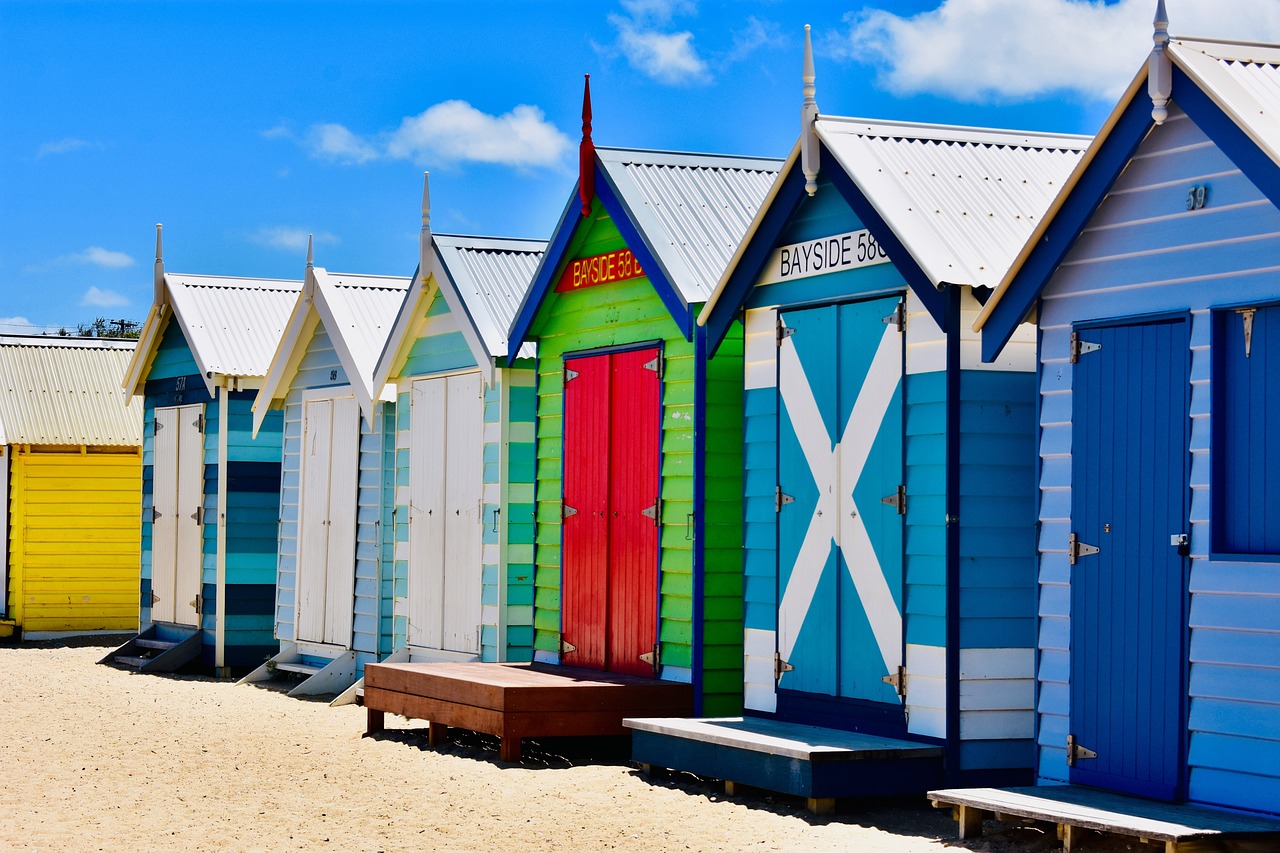Australia Video
Emergency Services: What to Know While in Australia
Australia is a beautiful country known for its stunning landscapes, diverse wildlife, and vibrant cities. While visiting Australia, it’s important to be aware of the emergency services available to ensure your safety and well-being. This article will provide you with detailed information about the emergency services in Australia and what you need to know in case of an emergency.
Emergency Services Overview
Australia has a well-developed emergency services system that is designed to respond promptly to various emergencies, including medical emergencies, fires, natural disasters, and law enforcement situations. The primary emergency services in Australia include:
- Ambulance Services: The ambulance services in Australia are responsible for providing emergency medical assistance and transportation to hospitals. In case of a medical emergency, dial 000 (triple zero) to request an ambulance.
- Fire and Rescue Services: The fire and rescue services in Australia are responsible for responding to fires, hazardous material incidents, and other emergencies. Dial 000 (triple zero) in case of a fire emergency.
- Police Services: The police services in Australia are responsible for maintaining law and order, preventing and investigating crimes, and providing assistance in emergencies. Dial 000 (triple zero) to contact the police in case of an emergency.
Medical Emergencies
In case of a medical emergency, it’s important to know how to seek help and what to expect. Here are some key points to keep in mind:
- Call for an Ambulance: If you or someone around you requires immediate medical attention, dial 000 (triple zero) and ask for an ambulance. The operator will ask you a series of questions to assess the severity of the situation and dispatch the appropriate resources.
- Provide Accurate Information: When calling for an ambulance, provide accurate information about the location, nature of the emergency, and any relevant details about the patient’s condition. This will help the emergency services respond effectively.
- Stay Calm and Follow Instructions: While waiting for the ambulance to arrive, stay calm and follow any instructions provided by the emergency call operator. They may guide you on how to provide immediate first aid or other necessary actions.
Fire Emergencies
Fires can pose a significant threat to life and property. Here’s what you need to know about fire emergencies in Australia:
- Dial 000 for Fire Emergency: If you spot a fire or experience a fire emergency, dial 000 (triple zero) immediately to report the situation to the fire and rescue services. Give accurate details about the location, size of the fire, and any potential hazards.
- Evacuate Safely: If you are in a building or area affected by a fire, follow evacuation procedures and move to a safe location. Do not attempt to extinguish the fire unless it is safe to do so and you are trained in firefighting techniques.
- Follow Safety Instructions: During a fire emergency, listen to instructions from emergency personnel, such as firefighters or police officers. They will provide guidance on evacuation routes, shelter locations, and other safety measures.
Law Enforcement Emergencies
In case of a law enforcement emergency or if you witness a crime, it’s important to know how to seek help and provide information. Here are some key points to remember:
- Contact the Police: Dial 000 (triple zero) to report a law enforcement emergency or to provide information about a crime. The operator will connect you to the police services, who will assess the situation and dispatch appropriate resources.
- Provide Detailed Information: When reporting a crime or emergency, provide as much detailed information as possible, including the location, description of the individuals involved, and any other relevant details. This will assist the police in their response.
- Follow Instructions: If you are in a situation involving law enforcement, follow the instructions given by the police officers. It’s important to remain calm and cooperate to ensure everyone’s safety.
Australia Image 1:

Natural Disaster Preparedness
Australia is prone to natural disasters such as bushfires, floods, cyclones, and severe storms. Here’s what you need to know about preparing for and responding to natural disasters:
- Stay Informed: Stay updated with weather forecasts and warnings issued by the Bureau of Meteorology and other relevant authorities. Follow their instructions and advice regarding evacuation, sheltering, or any necessary precautions.
- Have an Emergency Kit: Prepare an emergency kit that includes essential items such as food, water, medications, a battery-powered radio, torch, and a first aid kit. Keep the kit easily accessible in case of an evacuation.
- Develop an Emergency Plan: Create a family emergency plan that outlines evacuation routes, meeting points, and communication methods. Practice the plan regularly to ensure everyone knows what to do in an emergency.
Australia Image 2:

Other Emergency Services
Apart from the primary emergency services mentioned earlier, Australia also has other specialized services to address specific emergencies:
- Marine Rescue Services: Australia’s vast coastline and waterways are covered by marine rescue services. In case of a boating or water-related emergency, contact the Australian Volunteer Coast Guard or call 000 (triple zero).
- State Emergency Services (SES): The SES provides emergency assistance during severe weather events, floods, and storms. Contact the SES on their dedicated hotline number 132 500 for non-life-threatening emergencies.
Australia Image 3:

Conclusion
Being aware of the emergency services available in Australia is crucial for your safety and the safety of those around you. Remember to dial 000 (triple zero) in case of an emergency and provide accurate information to the respective services. Stay informed, have emergency plans in place, and follow the instructions provided by emergency personnel. With these precautions, you can enjoy your time in Australia with peace of mind.
References
– Bureau of Meteorology: www.bom.gov.au
– Australian Government, Australian Communications and Media Authority: www.acma.gov.au
– Australian Red Cross: www.redcross.org.au
– Australian Volunteer Coast Guard: www.coastguard.com.au
– State Emergency Service: www.ses.vic.gov.au


